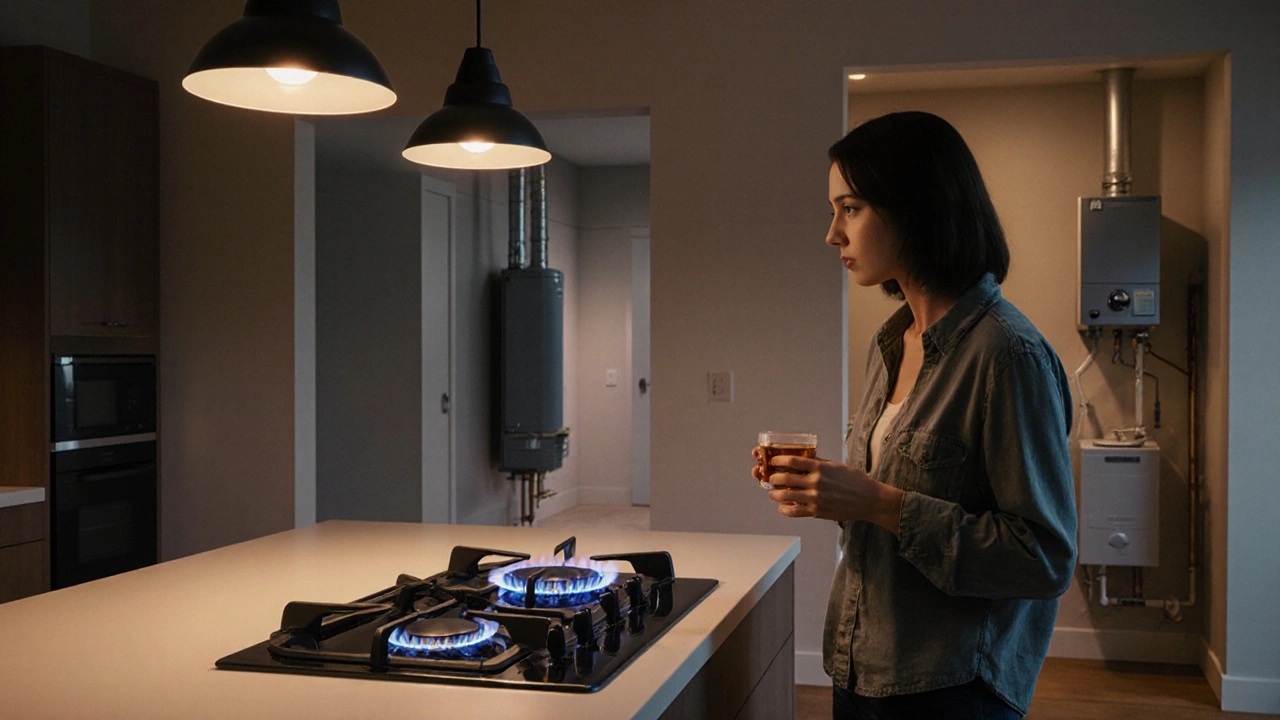Gas Safety Check: What It Is and Why It Matters
When handling gas safety check, a systematic inspection of gas appliances to ensure they operate safely and meet legal standards. Also known as gas safety inspection, it helps prevent leaks, fires, and carbon monoxide poisoning., homeowners and landlords rely on a gas safety certificate, the official document confirming a successful inspection to prove compliance. A typical check includes a boiler inspection, examining pressure, flames, flues and safety devices plus a look at any other gas‑fed appliances. Because carbon monoxide is odorless, a carbon monoxide detector, a sensor that warns of dangerous gas buildup is often recommended alongside the inspection. In short, a gas safety check encompasses boiler inspection, requires a qualified engineer, and works best when paired with a carbon monoxide detector – three simple steps that protect your home and your wallet.
Key Parts of a Reliable Gas Safety Check
First, a qualified engineer follows a strict checklist: verify that the gas supply line is intact, confirm that burners light correctly, and test the venting system for proper exhaust. If any issue pops up, the engineer notes it on the inspection report and recommends corrective action. Second, the engineer issues a gas safety certificate once all issues are resolved or deemed acceptable. That certificate isn’t just paperwork; it’s proof that the property meets HSE regulations and that you’re covered in case of an incident. Third, many experts advise installing a carbon monoxide detector in rooms with gas appliances. The detector adds an extra safety net, alerting you to invisible gas leaks that a visual inspection can’t catch.
People often wonder whether a gas safety check is a one‑time chore or an annual habit. The short answer: it’s both. New installations need a final check before use, and existing systems should be inspected at least once a year to catch wear‑and‑tear early. Landlords have a legal duty to arrange these checks for rental properties, while homeowners benefit from the peace of mind that comes with regular verification. By staying on top of the schedule, you avoid costly repairs, keep insurance premiums down, and most importantly, protect everyone inside the house.
Now that you know what a gas safety check involves, what to look for in a certificate, and why a carbon monoxide detector matters, you’re ready to take the next step. Below you’ll find a curated set of articles that dive deeper into water heater warnings, boiler lifespan decisions, and practical appliance maintenance tips – all geared toward keeping your home safe and running smoothly.

Gas Appliance Inspection Frequency: How Often Should You Schedule Checks?
Learn the ideal inspection intervals for gas furnaces, water heaters, stoves, dryers, and more. Get safety tips, a DIY spot‑check guide, and a complete maintenance checklist.